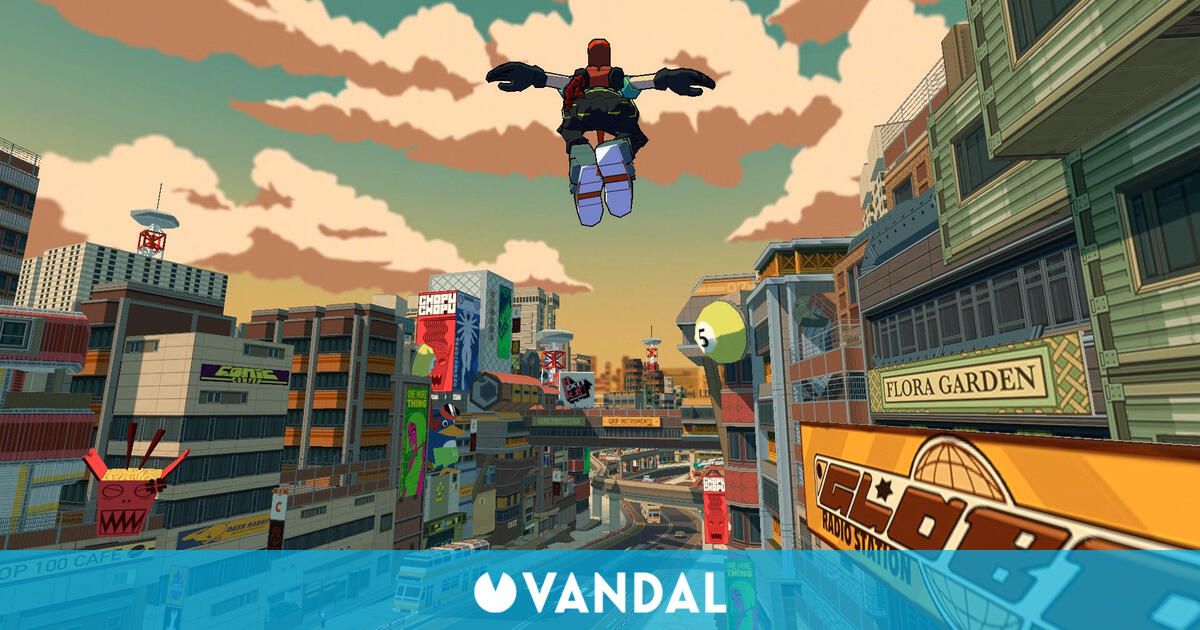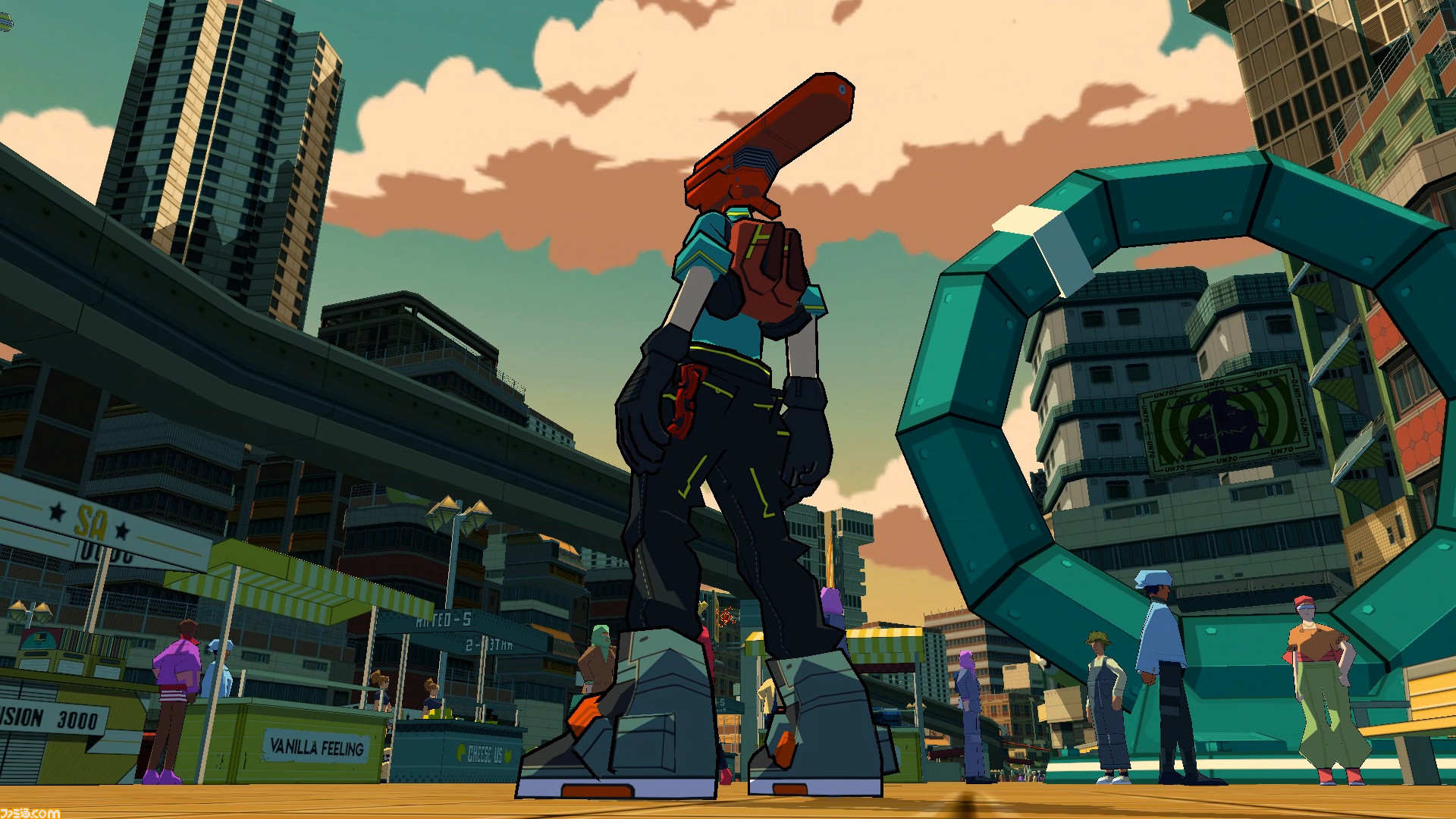

Whether we step into the powerful frame of a trained marksman or brave adventurer, while we play we have a different sense of our physicality. Video games offer an opportunity to inhabit another body. These games all have in common, a complex control system that can be put to use in imaginative and creative ways to get the edge over your opponents. Or it could be learning the complex move lists in a game like Street Fighter. Maybe it’s learning the perfect combination of angles and trajectories in Videoball. Or, perhaps, it’s using the limited running and jumping slightly better than other players to get a win in Fall Guys.

This might be understanding how the propulsion of your car lets you take to the air and hit a perfect shot in Rocket League. Whether you rise through the league tables, or just improve compared to your family, the satisfaction or getting to grips with something so monumentally challenging is really satisfying.

Rather than offering assistance, these games leave you to it. Rather than relying on the stats of your character or player, you have to execute the moves yourself with timing proficiency and instinct. Whereas many games simplify getting around, these games make the complexity and depth of their movement systems part of the joy of playing them. There are a small group of games that hone this challenge down to the mechanics of moving around the environment. It takes time to understand their systems, mechanics, objectives and worlds. When someone plays a game too much it’s easy to think they are taking an easy route to something entertaining, like junk food. Games offer us challenges on many levels. These aren't all child friendly, but are fascinating examples of play transgressing intended rules. The Let's Game It Out YouTube channel is a great example of games you can play in ways (very) unexpected by the developers. But how children stretch and reinvent (or refuse to partake in) this usually frowned on behaviour opens unexpected possibilities. Misbehave in games like Untitled Goose Game, Donut County, Carrion, Fable, Scribblenauts and Beholder is expected. Purposeless Exploration in games like, Proteus and Ynglet can be used as a way to waste time, not progress and refuse direction. Undirected play can lead to unintended scenarios in games like Pok Pok Playroom, Kids, A Short Hike or Townscaper where play isn’t directed or capitalised upon, but left alone to be an end in its own right. Then there's games like and Please Touch The Artwork and Sloppy Forgeries that invite usually discouraged behaviour.

Children often invent their own rules and ways to play not instigated by the developer.Ĭitizenship their own way in games like Alba, Cozy Grove or Unpacking where children have agency to influence and contribute (or not) to public spaces. Metaverse rule making and breaking in games like Roblox and Fortnite, where the context offers more than competition. These games can be places where children push back at the powers-that-be and take ownership of these digital public spheres in unexpected ways. We’re excited about games in this list as they are not only digital spaces where these things meet, but that children use them in ways they weren’t intended. “Games serve as the sites of complex negotiations of power between children, parents, developers, politicians, and other actors with a stake in determining what, how, and where children’s play unfolds.” It comes down to something at the heart of our database: seeing games more than mere sources of fun and diversion. Sara describes this as an embrace of the complexity of children’s online playgrounds, virtual worlds, and connected games. It’s about understanding digital play in a holistic sense so it can be all it needs to be in the life of a child. This is more than decrying big business muscling in on childhood. The politics of children’s play aren’t something we often talk about. Her book, Digital Playgrounds explores the key developments, trends, debates, and controversies that have shaped children’s commercial digital play spaces over the past two decades. We worked with Sara Grimes on this list of games that offer new and emergent ways to provide play possibilities to children. How do we empower children to play, break the rules and self-determination in light of other pressures and owners of these digital spaces? However, they are also contested spaces often created with profit as well as play in mind. Video games are a great way for children to play.


 0 kommentar(er)
0 kommentar(er)
